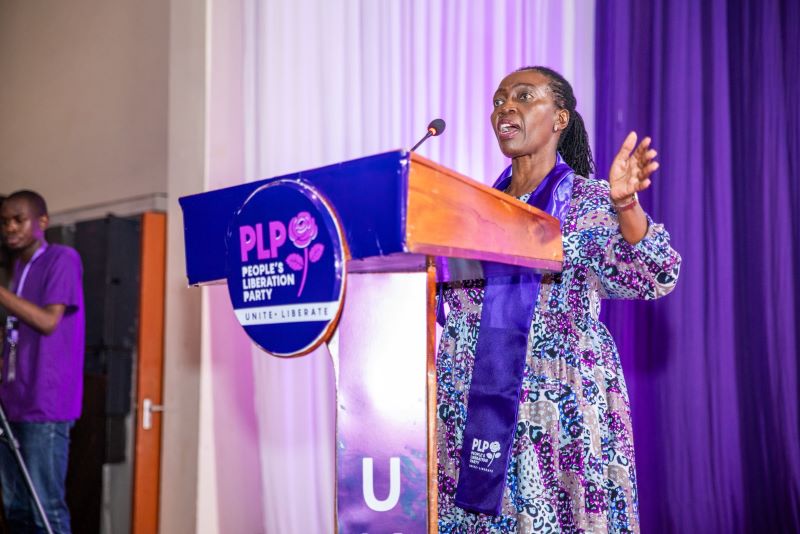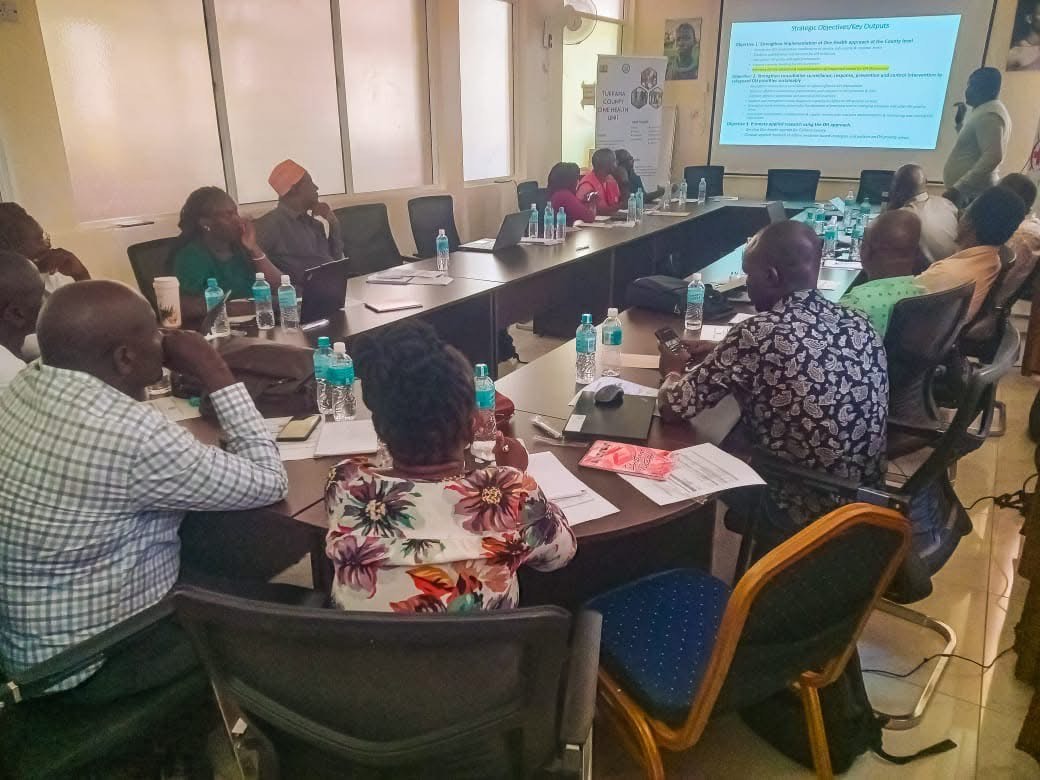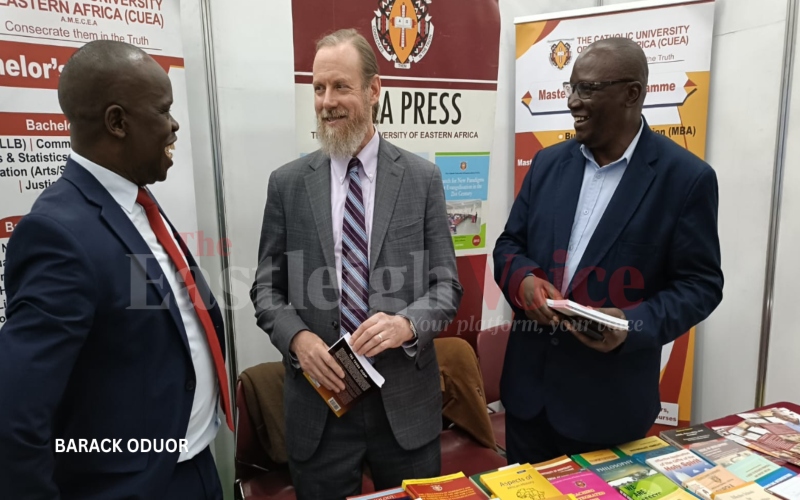Court throws out ID fraud charges against Abdihakim Jama, faults prosecution over bungled case,

Key witnesses included complainant Ayni Hussein Mahamud, who alleged Abdihakim was of Somali origin, and Fatuma Mohamed, a Kenyan woman whose name and ID number were listed as his mother's in the disputed documents. Ayni flatly denied any relation to him.
A Nairobi court has acquitted Abdihakim Saidi Jama of fraudulently obtaining a Kenyan national identity card, but the proceedings have thrown a spotlight on glaring weaknesses in Kenya's registration and investigative systems.
Milimani Principal Magistrate Rose Ndombi, while delivering her judgment on September 22, 2025, faulted the prosecution for presenting "incomplete and inconsistent" evidence in the case that dates back to Abdihakim's 2011 ID application in Isiolo.
More To Read
- Government scraps birth certificate authentication fees for IDs, passports
- CS Ruku announces new Huduma Centre in Elwak, calls for mass ID registration in north eastern
- Taita Taveta’s Miasenyi residents celebrate after getting national IDs after three-day drive
- Government launches national ID registration for 18-year-old secondary school students
- Mass registration exercise offers relief to Mombasa residents seeking ID issuance
- Muslim community from Mt Kenya decry discrimination in ID acquisition despite Ruto directive
The trial had placed three central issues before the court: whether Abdihakim knowingly supplied false information in his registration papers, whether he was unlawfully present in the country, and whether his parentage could be proved.
Key witnesses included complainant Ayni Hussein Mahamud, who alleged Abdihakim was of Somali origin, and Fatuma Mohamed, a Kenyan woman whose name and ID number were listed as his mother's in the disputed documents. Ayni flatly denied any relation to him.
But the state failed to call critical actors, including the registration officers and elders who vetted the application, leaving the magistrate with little beyond contradictory testimonies.
The defence argued that Abdihakim may not have been responsible for clerical errors on the forms.
The court further accepted parental death certificates issued in 2016 as sufficient proof of his constitutional claim to Kenyan citizenship by birth.
But beyond the courtroom victory for Abdihakim, the case unveiled deeper concerns. Investigators initially linked him to a forged birth certificate belonging to another person, Ann Gatwiri Kithure, which he allegedly used in a 2015 passport application. Kithure, however, was never called to testify, weakening what could have been pivotal evidence.
Other irregularities compounded the matter: the investigation was abruptly reassigned, detention orders curtailed, and potential charges abandoned. Allegations that Abdihakim engaged in Somali politics were never fully explored, despite digital evidence being available.
In acquitting Abdihakim, Magistrate Ndombi stressed that suspicion, however compelling, "cannot form the basis of a conviction."
Yet, the judgment leaves unanswered questions about his true identity and exposes gaps in Kenya's ID verification system.
Top Stories Today









































